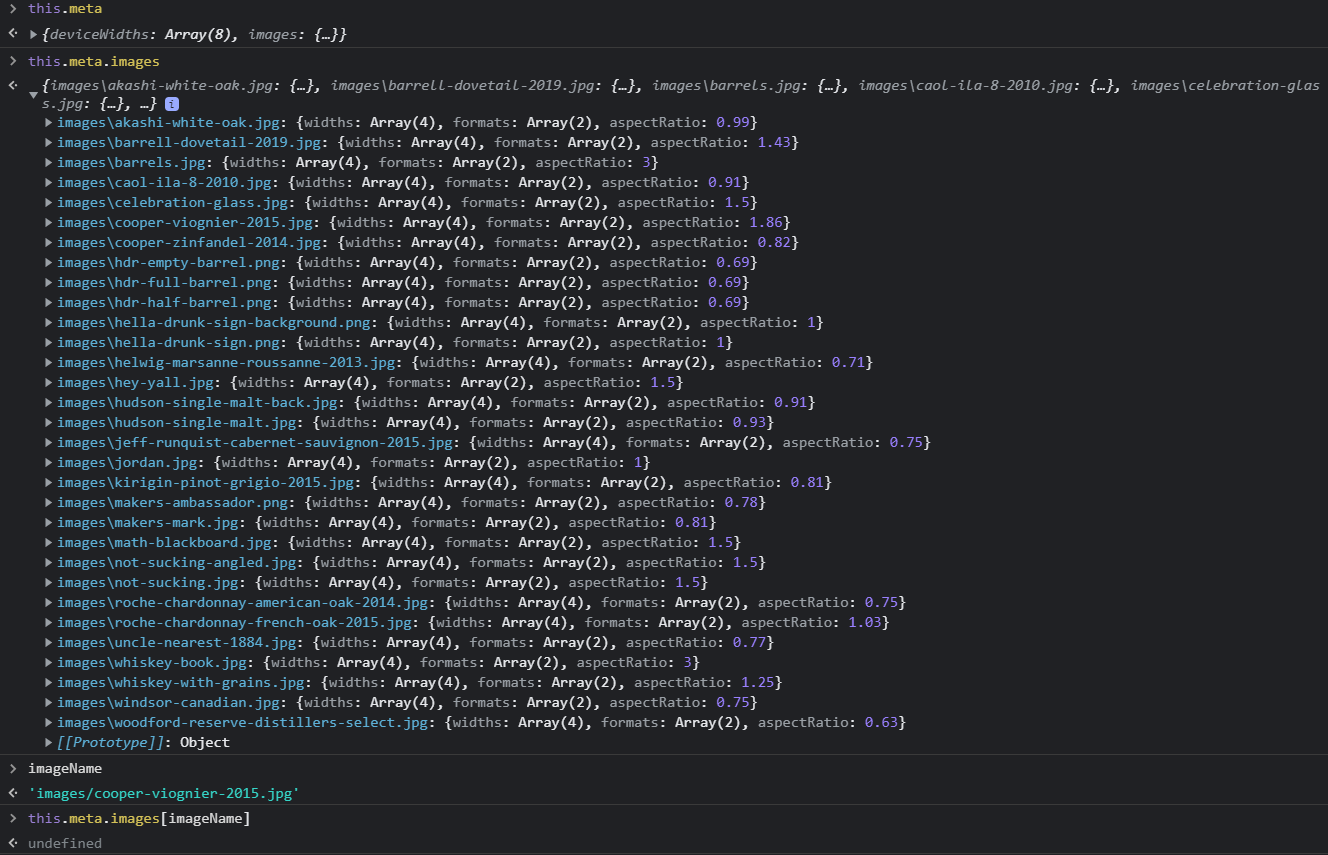simonihmig / ember-responsive-image Goto Github PK
View Code? Open in Web Editor NEWAutomatically generate resized images at build-time, optimized for the responsive web, and using components to render them easily as <picture> elements.
License: MIT License


